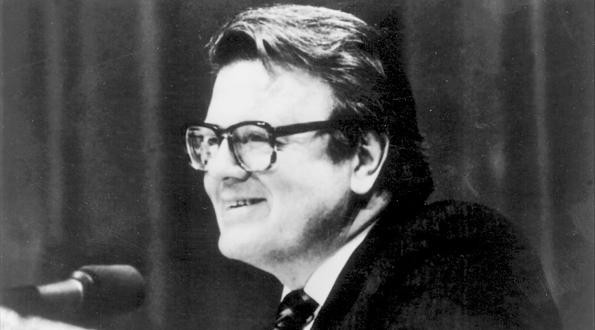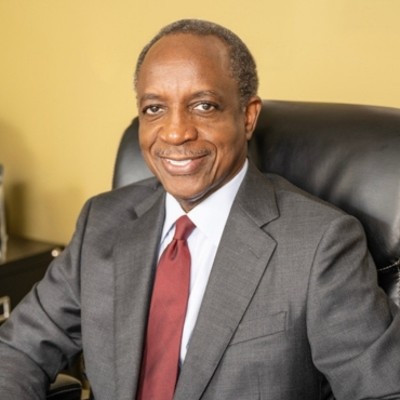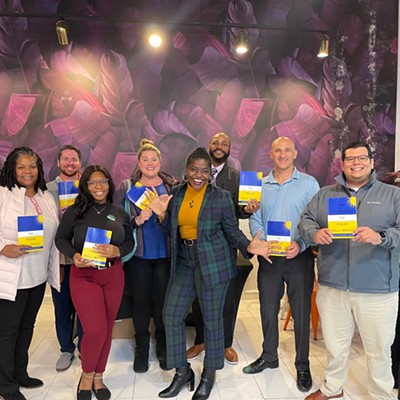With the news this week that Pope Benedict XVI will be only the second pope in 600 years to resign, Garry Wills’s appearance at the Savannah Book Festival this Saturday couldn’t be more timely.
The prolific Pulitzer Prize–winning Atlanta native has written dozens of well–received books on theology and politics, including Nixon Agonistes and What Jesus Meant.
His newest, Why Priests?, contains fascinating examinations of the history and paradox of the Eucharist and the reasons why the priesthood is not necessary for Catholics to practice their faith.
I’m struck by the difference between what the Catholic hierarchy says followers should believe and what the Catholic rank and file actually believes.
Garry Wills: Many Catholics don’t pay much attention to the pope. That trend has become more pronounced recently. So much of what church authority has weighed in on has been rejected by Catholics — contraception, for instance. The best survey done on that was in 1997. This huge survey asked Catholics under 30, including Hispanics, whether they agreed with the church on contraception. The number agreeing was so small it was within the margin of error. Statistically nonexistent!
The soon–to–be former pope hinted at that divide in his resignation letter.
Garry Wills: And it was brought up to Cardinal Ratzinger before he became pope. He was asked, “Aren’t you upset that so many Catholics don’t agree with church doctrine on contraception and abortion?” His answer was that “Doctrine is not established by popular vote.”
The only problem with that is that it was! In the fourth and fifth centuries the great councils were meetings of bishops who were chosen by their communities, and who then voted on matters of religion.
In fact, at the time all bishops were chosen by the people, and then couldn’t leave the diocese. So bishops really couldn’t even be pope. That’s why popes were usually nephews of aristocratic people, situations like that.
You have to understand that politics in our sense didn’t exist in the middle ages or in antiquity. You couldn’t challenge the concept of monarchy in the middle ages — that’s why the pope became a monarch. So the Catholic Church became a monarchy, with its own army, its own spies, its own torturers, all the things monarchs had.
It was a long, slow process to wrest away those powers. Now in this democratic age, the anomaly of monarchical pretense on the part of the pope is becoming emptier and flimsier, and being largely ignored by Catholics.
You spend a lot of time in the book on the concept and understanding of the Eucharist — literal or not literal, and if that really matters.
Garry Wills: It used to be the most shocking thing you could say was that you don’t believe literally in the Eucharist. But a lot of Catholics don’t. In that survey I mentioned, 40 percent didn’t believe in that literally, and in practice we don’t.
Seems like even if it’s just symbolic it’s still very powerful symbolism.
Garry Wills: Exactly. In practice we celebrate that we are the body of Christ. That was the original meaning of the Eucharist and that’s why I still go to Mass.
Your new book is called Why Priests? And now churches all over are being torn apart by the simple idea of women as priests. Where do you stand?
Garry Wills: You don’t have to make women priests to make them important ministers. When women serve as catechists who prepare for baptism, they’re actually more symbols of solidarity than the priest. In the early church anyone could be an apostle or an emissary, but it didn’t mean they had to be a priest.
You push back against the trendy idea that the apostle Paul was an uptight interloper responsible for instituting misogyny and narrow–mindedness in the church.
Garry Wills: That’s an old idea. The letters which supposedly prove that have been discredited. When it originally arose, people thought the Gospels were written as eyewitness accounts, and that they came first and Paul came later. We now know neither is true at all.
Paul couldn’t have “departed from the Gospels” because they didn’t exist at the time. Our earliest accounts of the Last Supper are from Paul. Of course he wasn’t there either, but he got the account from churches he was inducted into.
So with all your issues with the Catholic Church, why not just quit?
Garry Wills: I haven’t stopped believing in the Creed. And the Creed says nothing about popes or bishops or priests.
Gary Wills speaks 4 p.m. Sat. Feb. 16 at Trinity UMC on Telfair Square as part of the Savannah Book Festival.




























